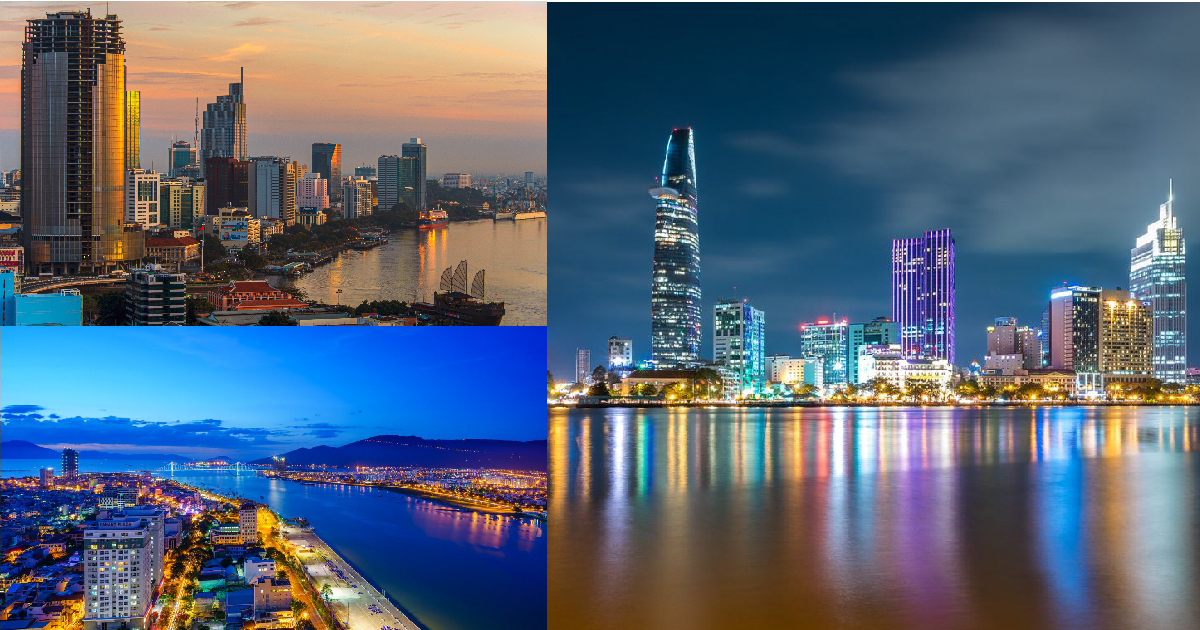Bentley Digital Technology Saves China Nearly a Year & Saves More Than US$8 million on 6.5m/m2 Reservoir Project
Nestled along the scenic Woken River in Heilongjiang, China, the Taoshan Reservoir, fondly known as the “Little West Lake” of Qitaihe City, stands as a testament to modern water management excellence. Serving as a linchpin for flood control, urban water supply, and the holistic utilization of farmland irrigation and aquaculture in Heilongjiang province, this reservoir […]
Eternal Splendour Revived: APSARA Authority’s Restoration of Preah Khan Temple
The APSARA Authority has embarked on the second phase of the meticulous restoration of Preah Khan temple while preserving the ancient architectural style. Building upon the triumphant completion of the initial phase in October 2022, this endeavor reflects Cambodia’s enduring commitment to preserving its cultural heritage. The Ministry of Culture and Fine Arts unveiled their […]
PM Orders to Move Two District Halls to Newly-Developed Areas
Prime Minister Samdech Hun Sen has asked authorities to relocate two district halls in the Apsara area, where construction was banned, to the new development areas in Preak Snaeng and Run Ta Ek. Speaking at a get-together with almost 2,000 families in the Run Ta Ek development area of Banteay Srei district, PM Hun Sen […]
115ha on Ta Prom Island to be Transformed to Mixed-Use Development
The Council of Ministers has given a permit to Ta Prohm Investment Co., Ltd. to develop 116 hectares of land on Ta Prohm Island in Sangkat Prek Eang, Khan Chbar Ampov into a new development zone. According to letter No. 821 of the National Assembly dated 23 September 2022, the company will develop Ta Prom […]
Bentley Systems Announces the Finalists in the 2022 Going Digital Awards in Infrastructure
Winners to Be Announced at an Awards Ceremony in London on 15 November Bentley Systems, the infrastructure engineering software company, on 19 September announced the finalists in the 2022 Going Digital Awards in Infrastructure. The annual awards program honours the extraordinary work of Bentley software users advancing infrastructure design, construction, and operations throughout the world. […]
Phnom Penh Recorded 310 Boreys &1,603 High-Rise Buildings by Start of 2022
At the start of 2022, Phnom Penh recorded a total of 310 Borey & apartment projects and1603 high-rise buildings, of which 225 have more than 20. These statistics were according to Phnom Penh Municipal Governor, HE Khoung Sreng, at the official opening of Prince Times Square on 07 June 2022. The governor continued that despite […]



 ខ្មែរ
ខ្មែរ







